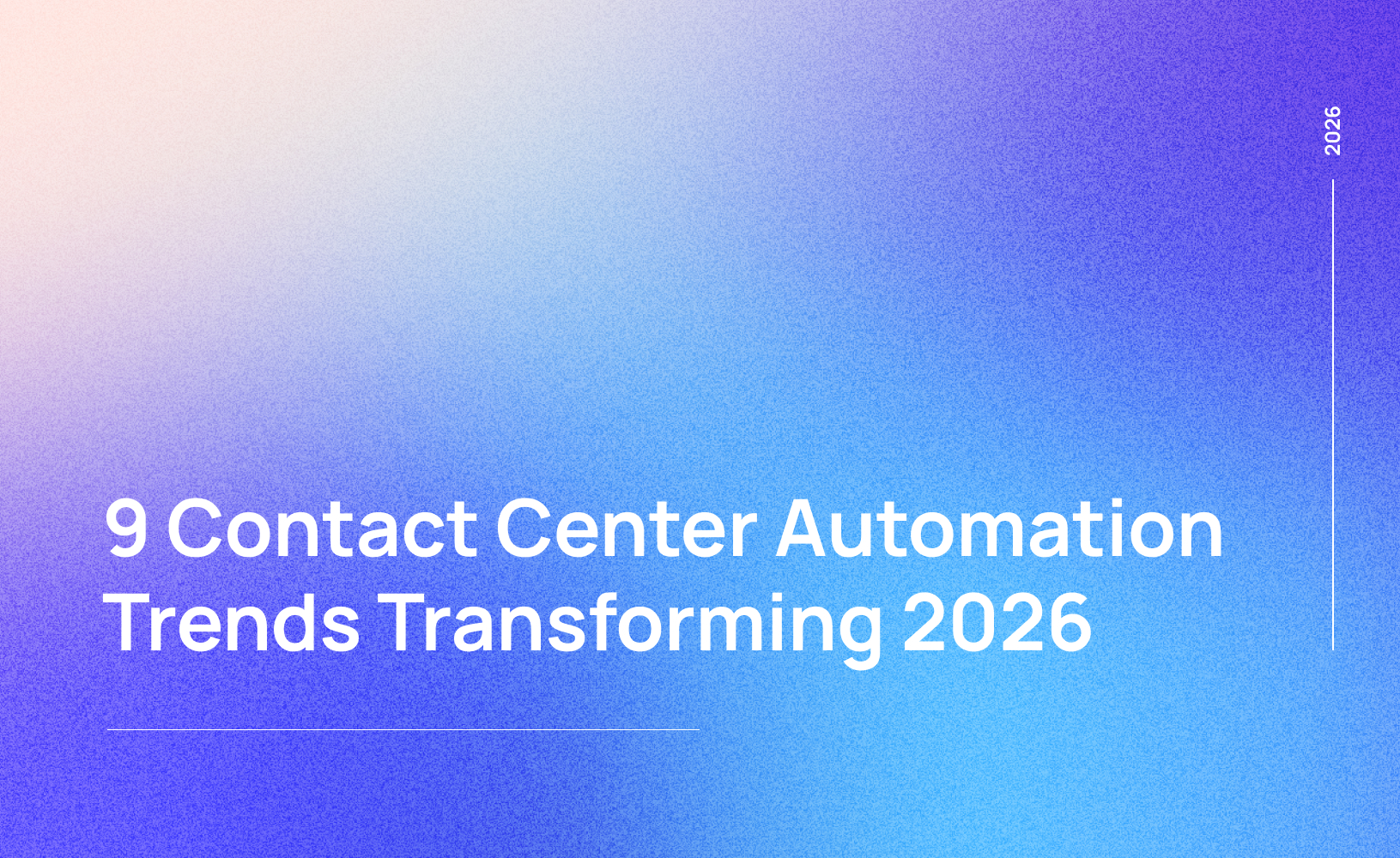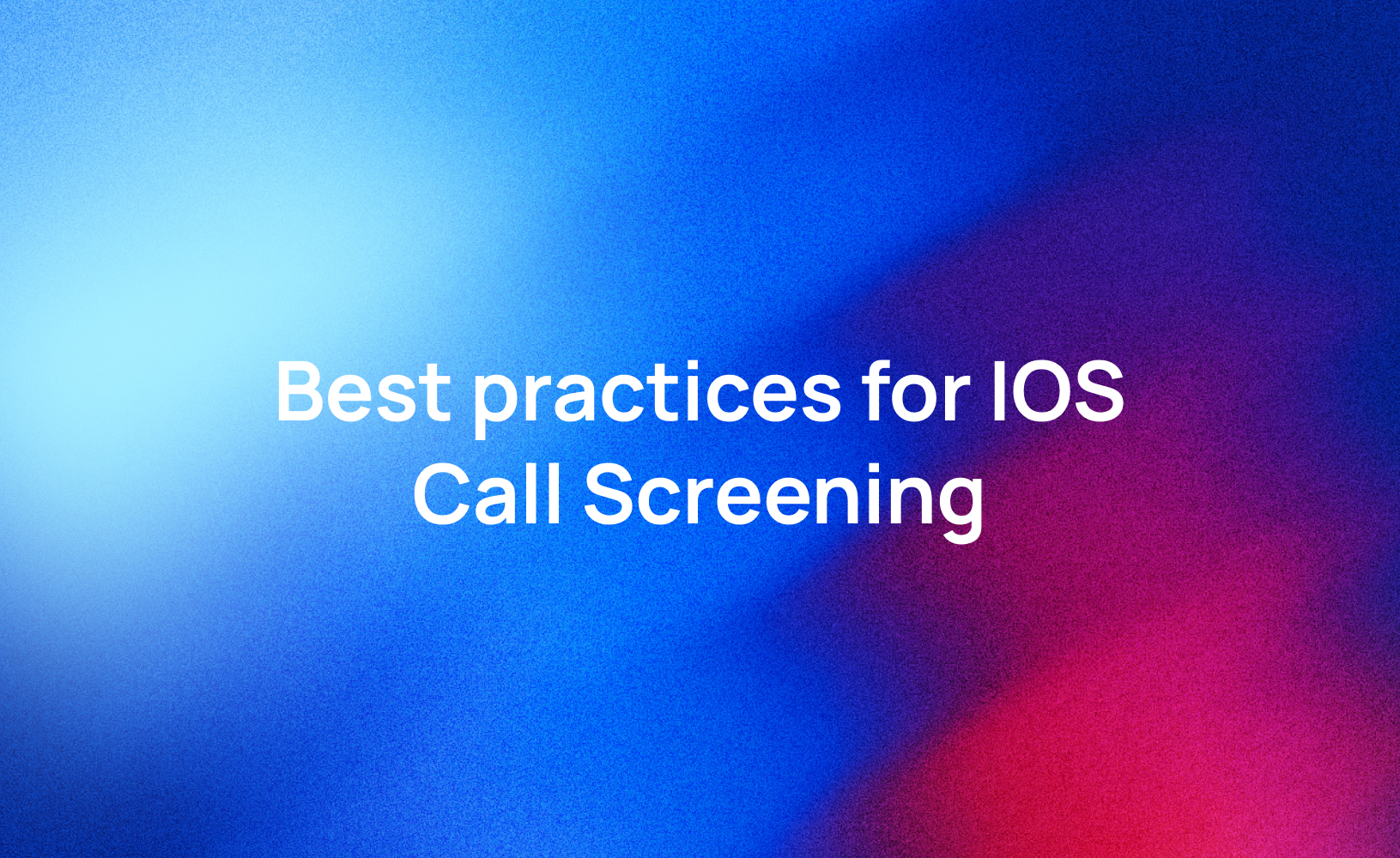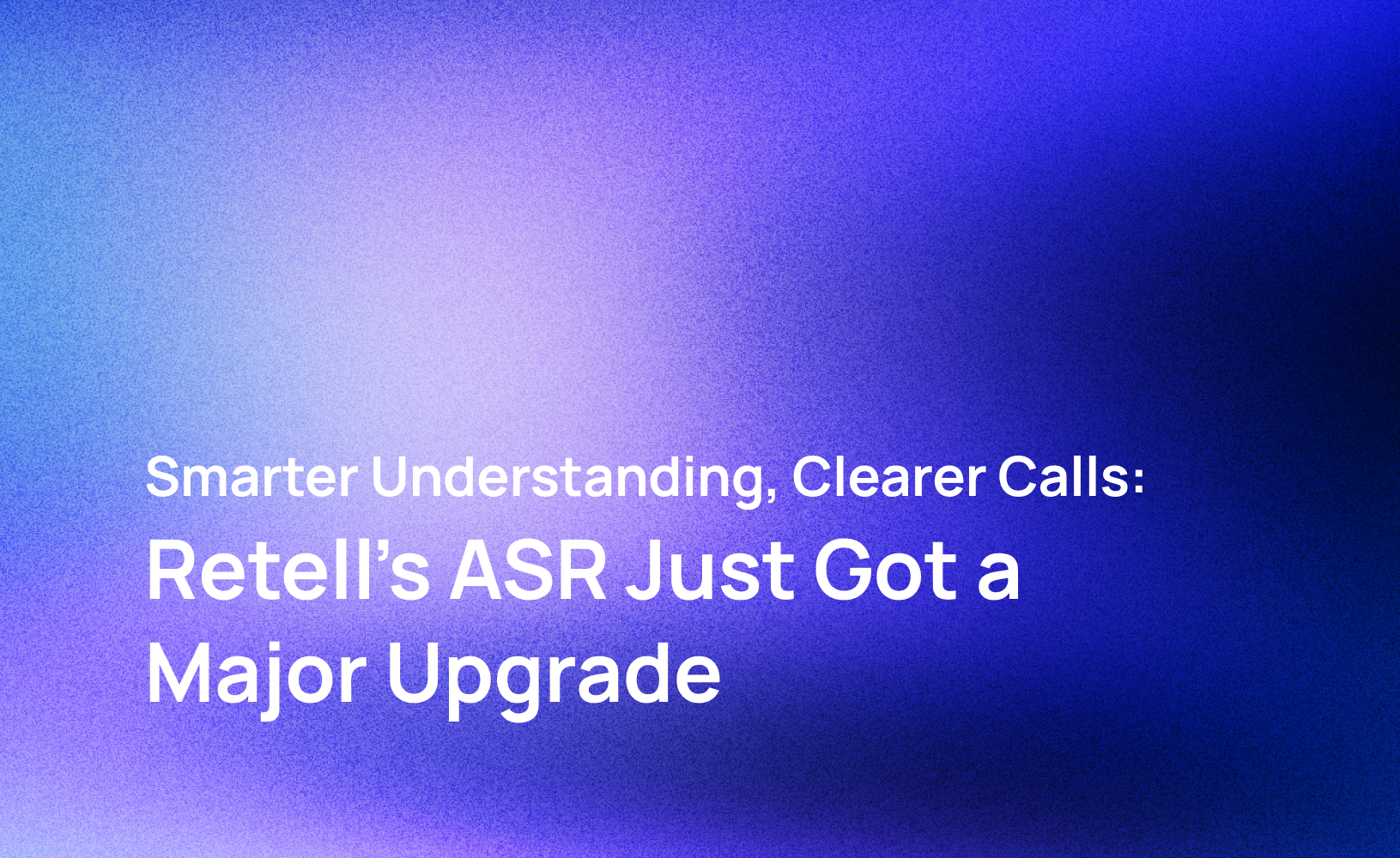Sales professionals face significant challenges in managing their time effectively. According to a study by InsideSales, sales reps spend only 35.2% of their time on revenue-generating activities, with the remaining 64.8% consumed by non-revenue tasks such as administrative duties and internal meetings.
Additionally, follow-up practices are often lacking. Research indicates that 48% of salespeople never make a single follow-up attempt after initial contact, despite the fact that 80% of sales require at least five follow-up calls to close a deal.
In this blog, we’ll break down how voice bots qualify leads, why they’re changing the game, and how they can take your sales process to the next level.
Lead qualification is the process of identifying whether a prospect aligns with your ideal customer profile and is ready to engage with your sales team. This step is crucial in the sales funnel because it ensures that resources are directed toward prospects with the highest potential to convert.
Think of lead qualification as a filter—it separates high-value opportunities from casual inquiries or mismatched leads. Qualified leads not only save your sales team time but also increase the chances of closing deals. According to HubSpot, businesses that excel in lead qualification experience a 20% boost in sales productivity.
Lead qualification typically involves evaluating factors such as:
Traditional Methods
Traditional lead qualification relies heavily on human agents making calls, asking questions, and manually analyzing responses. While this approach can feel personal, it’s time-consuming and prone to inconsistencies. A rep might overlook key details, misinterpret answers, or struggle to manage a large volume of leads efficiently.
For example, a real estate agent qualifying homebuyers might manually ask questions about budget and desired location. While effective in small batches, this process becomes unmanageable when dealing with dozens—or hundreds—of inquiries daily.
Automated Methods
Automation transforms the process by using tools like voice bots, chatbots, and CRM-integrated systems to gather and analyze data. These tools use AI to ask qualifying questions, score leads, and even segment them into categories for follow-up.
For instance, a voice bot might greet a prospect calling about a SaaS subscription, ask targeted questions about team size and current tools, and determine whether the prospect is a small startup or a larger organization ready to scale. Based on this interaction, the bot could route the lead to the appropriate sales team or schedule a follow-up.
By blending traditional sales expertise with automated tools, businesses can create a streamlined and scalable lead qualification process that supports growth and efficiency.
Voice bots simplify and accelerate lead qualification by automating the collection, analysis, and prioritization of prospect data. These AI-driven tools engage with potential customers conversationally, ensuring a seamless and efficient process from initial contact to sales handoff.
Voice bots initiate conversations by gathering essential details like name, contact information, and business requirements. They use large language models to engage users conversationally, making the interaction feel personal and professional.
Voice bots ask targeted questions about budget, needs, and timelines to gauge a prospect’s potential. These questions are designed to align with your sales team’s criteria, ensuring only valuable leads move forward.
Once the bot collects data, it assigns a lead score based on predefined metrics like interest level, purchase readiness, and budget fit. This scoring system helps prioritize leads for follow-up.
Qualified leads are seamlessly transferred to human sales representatives, complete with all the relevant data collected. This handoff ensures a smooth transition and enables sales reps to focus on closing deals instead of gathering information.
Retell AI's voice agents streamline lead qualification through a structured, multi-step process that ensures efficient and personalized interactions. Here's an overview of how they operate:
The voice agent initiates contact with prospects, introducing itself and setting a professional tone. Utilizing large language models (LLM), it engages in conversational dialogue, making the interaction feel personal and engaging.
During the conversation, the agent gathers essential information such as the prospect's name, contact details, business needs, budget, and timeline. It adapts its questions based on the responses, ensuring relevance and depth in data collection.
The collected data is analyzed in real-time, with the agent evaluating the prospect's readiness and interest level. It assigns a lead score based on predefined criteria, effectively categorizing leads to prioritize those with the highest potential.
Qualified leads are seamlessly transferred to human sales representatives, accompanied by detailed information gathered during the interaction. If a lead requires further nurturing, the agent can schedule follow-up interactions, ensuring continuous engagement.
This systematic approach not only enhances efficiency but also ensures that sales teams focus their efforts on high-quality prospects, ultimately improving conversion rates.
Implementing voice bots for lead qualification comes with unique hurdles that businesses must address to ensure success. From maintaining a human touch to safeguarding data, careful planning and execution are key.
While automation improves efficiency, maintaining a personal touch is crucial. Voice bots must be designed to deliver conversational and empathetic responses that mimic human interaction, ensuring prospects feel valued.
Voice bots should seamlessly connect with your CRM to enable smooth data flow between platforms. Poor integration can lead to data silos and inefficiencies, reducing the effectiveness of your sales process.
Voice bots handle sensitive customer information, making robust security measures and compliance with regulations like GDPR or CCPA essential. Businesses must prioritize encryption, regular audits, and secure storage to protect data integrity.
Voice bots excel in a range of industries and scenarios, especially where scalability and efficiency are critical.
For businesses with extensive sales pipelines, voice bots can quickly qualify leads, enabling sales reps to focus on high-priority prospects and close deals faster.
These industries often manage large volumes of inquiries. Voice bots streamline the process by efficiently collecting data and delivering relevant insights while maintaining a professional tone.
Voice bots are ideal for post-event engagement. They can follow up with attendees to collect feedback, gauge interest, and schedule further interactions, ensuring timely follow-ups and nurturing leads effectively.
This structure provides concise descriptions that enhance readability while clearly outlining challenges and applications.
Voice bots are changing the game for sales lead qualification, automating tedious tasks and freeing up your sales team to focus on what truly matters—closing deals. By streamlining data collection, lead scoring, and follow-ups, these tools offer a scalable, cost-effective solution for tackling today’s sales challenges with ease.
Retell AI’s voice bots are designed to help your business qualify leads faster, smarter, and more efficiently. With our cutting-edge tools, you can elevate your sales strategy, improve customer interactions, and stay ahead of the competition.
Don’t wait to boost your results. Contact Retell AI today to see how voice bots can transform your sales process!
See how much your business could save by switching to AI-powered voice agents.
Total Human Agent Cost
AI Agent Cost
Estimated Savings
A Demo Phone Number From Retell Clinic Office
Revolutionize your call operation with Retell.



